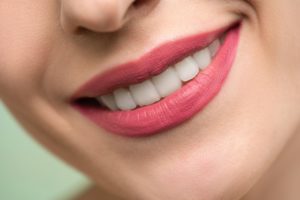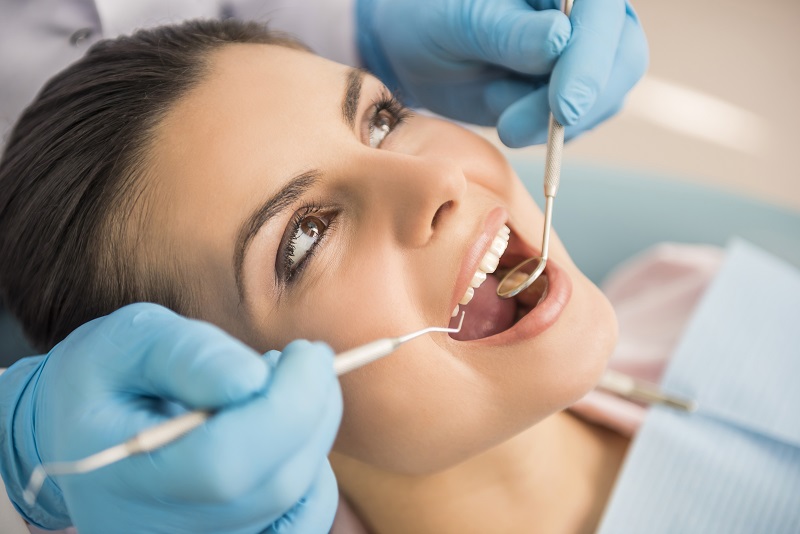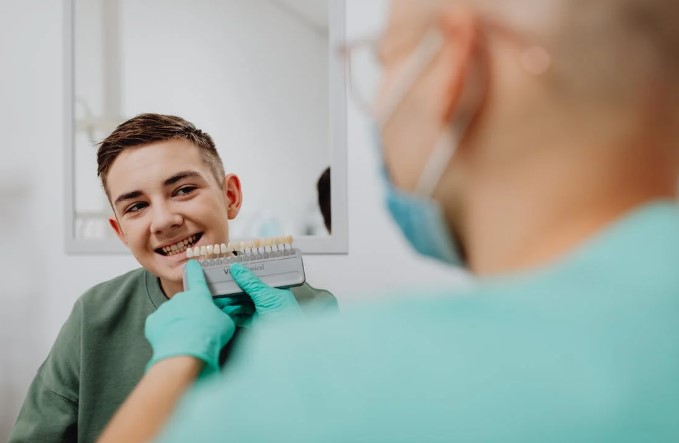Visiting a dental clinic in Bundoora is a great opportunity to take control of your oral health. However, it can be easy to feel overwhelmed, especially when discussing treatment options. Asking the right questions is crucial to making informed decisions that align with your needs and preferences. In today’s blog, we recommend these 5 essential questions to ask your dentist in Bundoora about any recommended treatment. Trust us, asking these would help make oral health appointments useful and informative.
1.What is the problem, and why is this treatment necessary?
Finding out the underlying cause of your dental problem is crucial. Ask your dentist to explain the problem clearly, including the potential risks of delaying treatment. For example, if you’re experiencing pain in a tooth, ask for a detailed explanation of the cause. Is it a cavity, a cracked tooth, or gum disease? Get to know the source of the problem to help understand the necessity of treatment.
2.What are my treatment options, and what are the benefits and drawbacks of each?
Whether there’s a single solution or several options, it’s vital to understand the full scope of your choices. Ask your dentist to outline all possible treatment approaches, highlighting the advantages and disadvantages of each option, including potential costs, recovery time, and long-term implications. For instance, if you have a cracked tooth, you will be given orthodontic treatment options like a filling, a crown, or even an extraction.
3.What are the risks and potential complications associated with this treatment?
Every procedure carries some level of risk. Ask your dentist to explain the potential complications, including infection, pain, and sensitivity. What are the chances of needing a second procedure? Or could I experience any long-term side effects? Knowing the potential risks will help you prepare for the treatment and understand the recovery process.
4.How long will the treatment take, and what can I expect during recovery?
Know the timeline for the procedure and the recovery process. Ask about any necessary restrictions or follow-up appointments. For example, if you’re root canal treatment or getting a dental implant, ask about the number of appointments, the healing time, and any dietary or activity restrictions. Having a clear timeline will help you plan your schedule and manage potential inconveniences.
5.How can I maintain my oral health after the treatment?
Ask about the best practices for caring for your teeth and gums after the procedure. It could include specific brushing and flossing techniques, dietary recommendations, and follow-up appointments. For instance, after a filling, your dentist might recommend using a soft-bristled toothbrush or avoiding certain hard foods.
By being an active participant in your dental care, you’ll feel more confident to make decisions that prioritise your oral health. Aside from regular checkups, we at Greenwood Plenty Dental Care also offer general dentistry, teeth whitening, root canals, broken tooth treatments, and much more. To schedule an appointment with us, call (03) 9466 7843 today.












